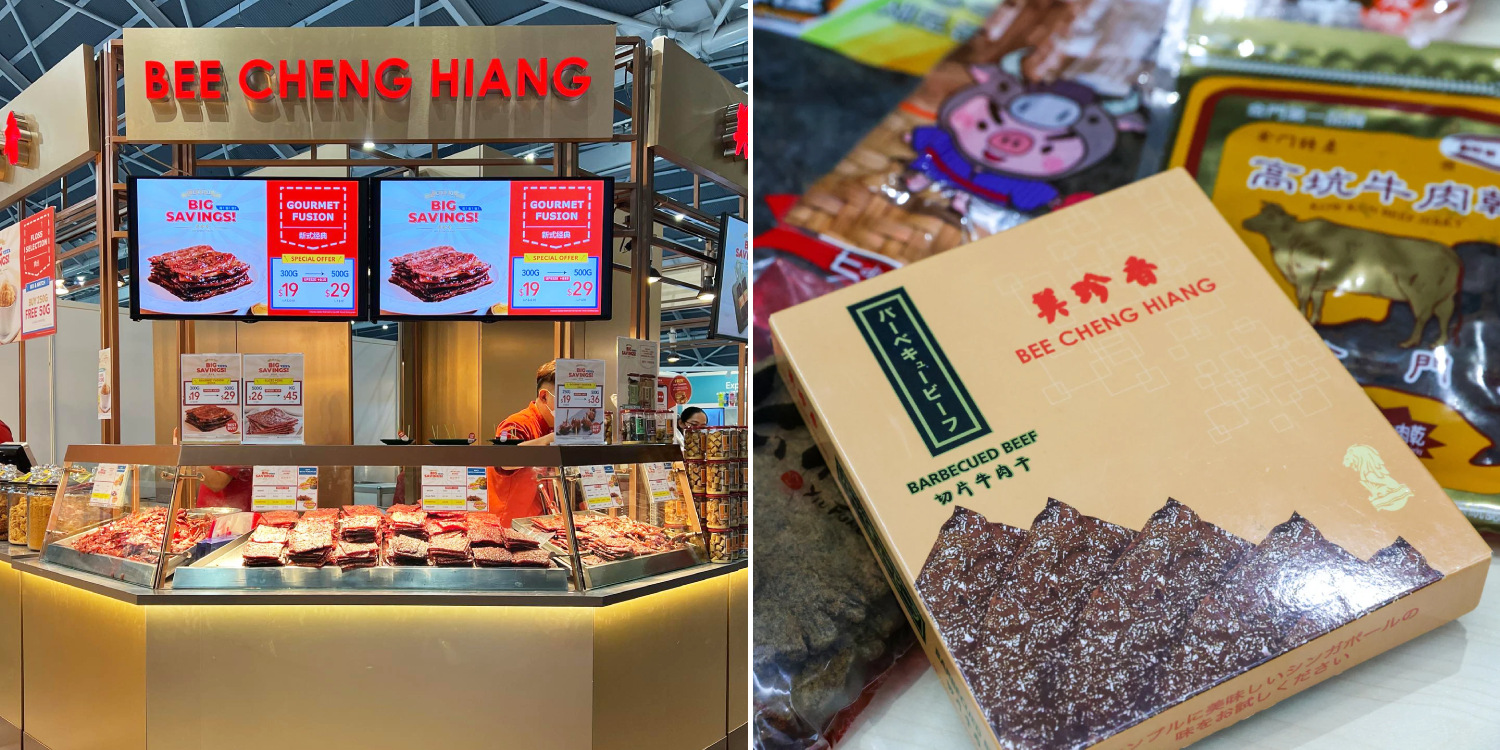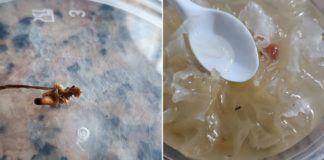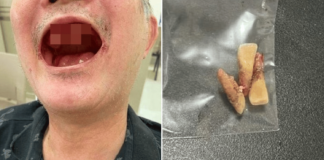Bee Cheng Hiang Product Allegedly Contains Carcinogenic Contaminants Exceeding EU Limit
UPDATE (16 Mar, 7.46pm): In a statement to MS News, Bee Cheng Hiang emphasised that its products are in compliance with the Singapore Food Agency (SFA) safety requirements.
The company also pointed out that the Hong Kong Centre of Food Safety has given its assessment and advised that the detected PAHs have little impact on public health.
Bee Cheng Hiang added that its products meet the EU regulations as the EU Regulation (EC) No 1881/2006, which the Hong Kong Consumer Council quoted, has been derogated since September 2020.
—
As packaged food is largely prepared behind the scenes, it is often difficult to know for sure what goes into your favourite snacks.
Alas, the Hong Kong Consumer Council has found potentially carcinogenic contaminants in 13 samples of dried meat products.
Among them is Singaporean bak kwa brand Bee Cheng Hiang.
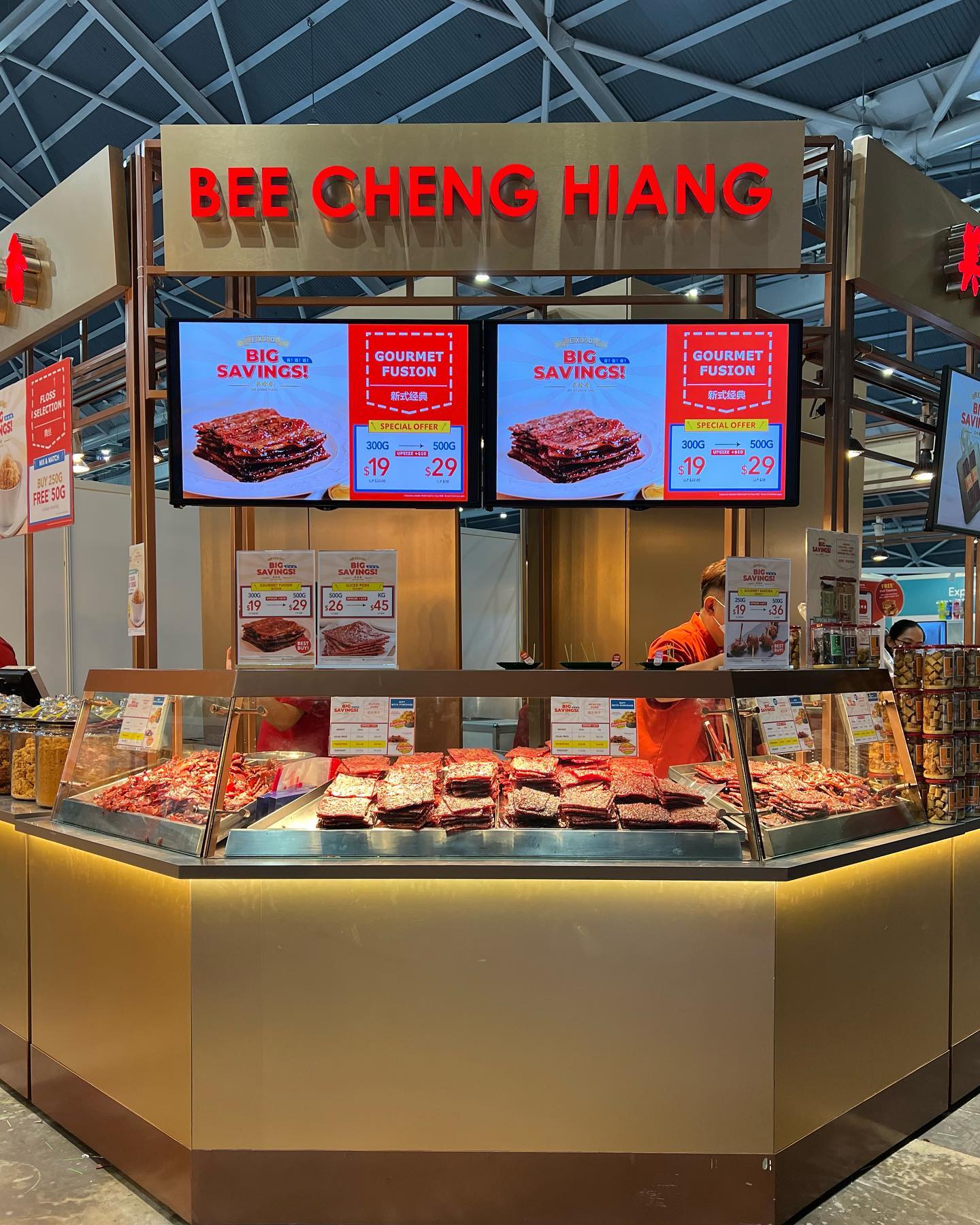
Source: Bee Cheng Hiang on Facebook
The council found that its barbequed beef jerky contained the highest polycyclic aromatic hydrocarbons (PAHs) levels out of all the samples tested.
Bee Cheng Hiang boxed beef jerky found to contain high PAHs levels
According to the South China Morning Post (SCMP), the Hong Kong Consumer Council reported on Wednesday (15 Mar) that it found contaminants in 13 out of 30 samples of dried meat snacks including crispy pork sheets, pork floss, and meat jerky.
Among the 13, most were contaminated with PAHs. PAHs are potentially carcinogenic, meaning they may cause cancer.
Nine pork products and four beef jerky snacks had levels of PAHs from 0.6 micrograms per kilogram and up.
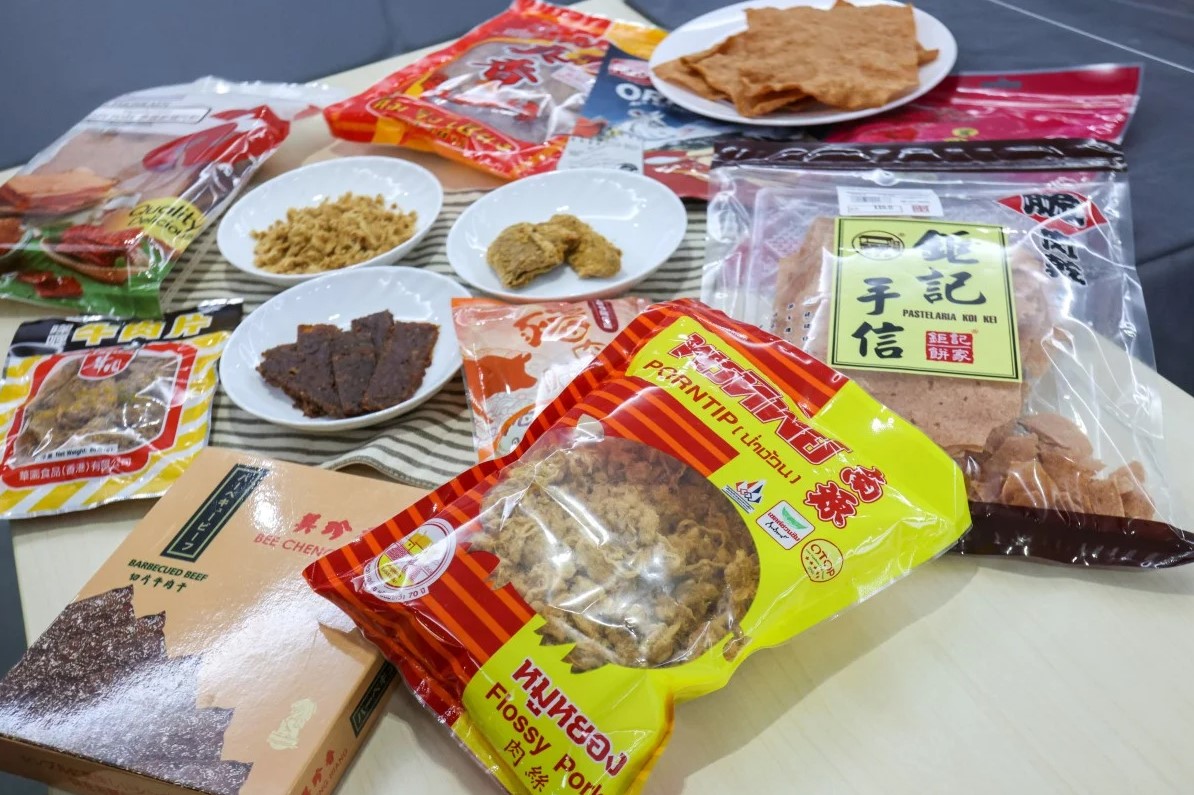
Source: South China Morning Post
The council tested for various contaminants and five types of PAHs, based on EU standards:
- Benzo[a]pyrene
- Dibenz[a,h]anthracene
- Benz[a]anthracene
- Chrysene
- Benzo[b]fluoranthene
Among the samples tested, Bee Cheng Hiang’s barbecued beef jerky contained the highest amount of PAHs at 18.2 micrograms per kilogram, made up of four of five of the PAHs indicators.
This value exceeds the EU limit of 12 micrograms per kilogram by over 50%.

Source: South China Morning Post
Nevertheless, risk assessment by authorities determined that the PAHs levels found across products would not affect public health.
The exact level of PAHs that leads to carcinogenicity is also unknown.
Processed meat has tendency to contain PAHs
Hong Kong news site HK01 reported that processed meat is prone to containing PAHs.
This is because grilling meat provides high temperatures that in turn produce PAHs as proteins, carbohydrates, and fat decompose.
Furthermore, when meat is grilled over charcoal, PAHs are produced when melted fat drips onto the charcoal. It then gets absorbed back into the meat through the smoke.
Burnt foods also tend to contain higher PAHs levels.
In its report, the Hong Kong Consumer Council urged consumers to stick to advised portion sizes in order to reduce the risk of colorectal cancer.
It also suggested that consumers remove burnt parts first to reduce the intake of PAHs.
Lim Jing Hieng product found with banned veterinary medicine
SCMP also reported that renowned Thai brand Lim Jing Hieng’s crispy sliced pork sample contained furazolidone metabolite.
Furazolidone is an antimicrobial agent commonly used in veterinary medicine. However, multiple regions ban the use of it in food-producing animals.
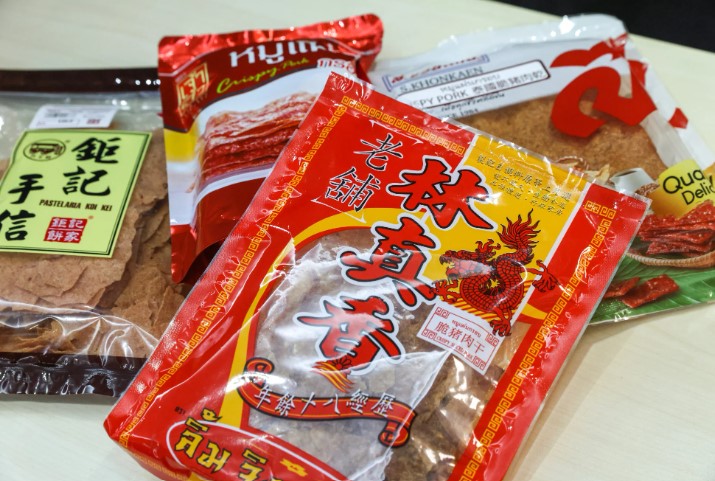
Source: South China Morning Post
According to Hong Kong’s food regulations on harmful substances, the muscle, liver, and kidney of bovine, porcine, and poultry products should not contain furazolidone.
The Consumer Council apparently passed its findings to Hong Kong’s Centre for Food Safety, which found no issues with the samples in question.

Source: Hong Kong Consumer Council
There is currently no internationally recognised acceptable daily intake level of furazolidone.
However, the Hong Kong Consumer Council recommended that consumers avoid eating foods detected with the substance nonetheless.
As the saying goes, “too much of anything is bad”.
While it is tempting to indulge in your favourite snacks, do make sure to consume them in moderation.
Have news you must share? Get in touch with us via email at news@mustsharenews.com.
Featured image adapted from Bee Cheng Hiang on Facebook, for illustration purposes only, and South China Morning Post.

Drop us your email so you won't miss the latest news.
